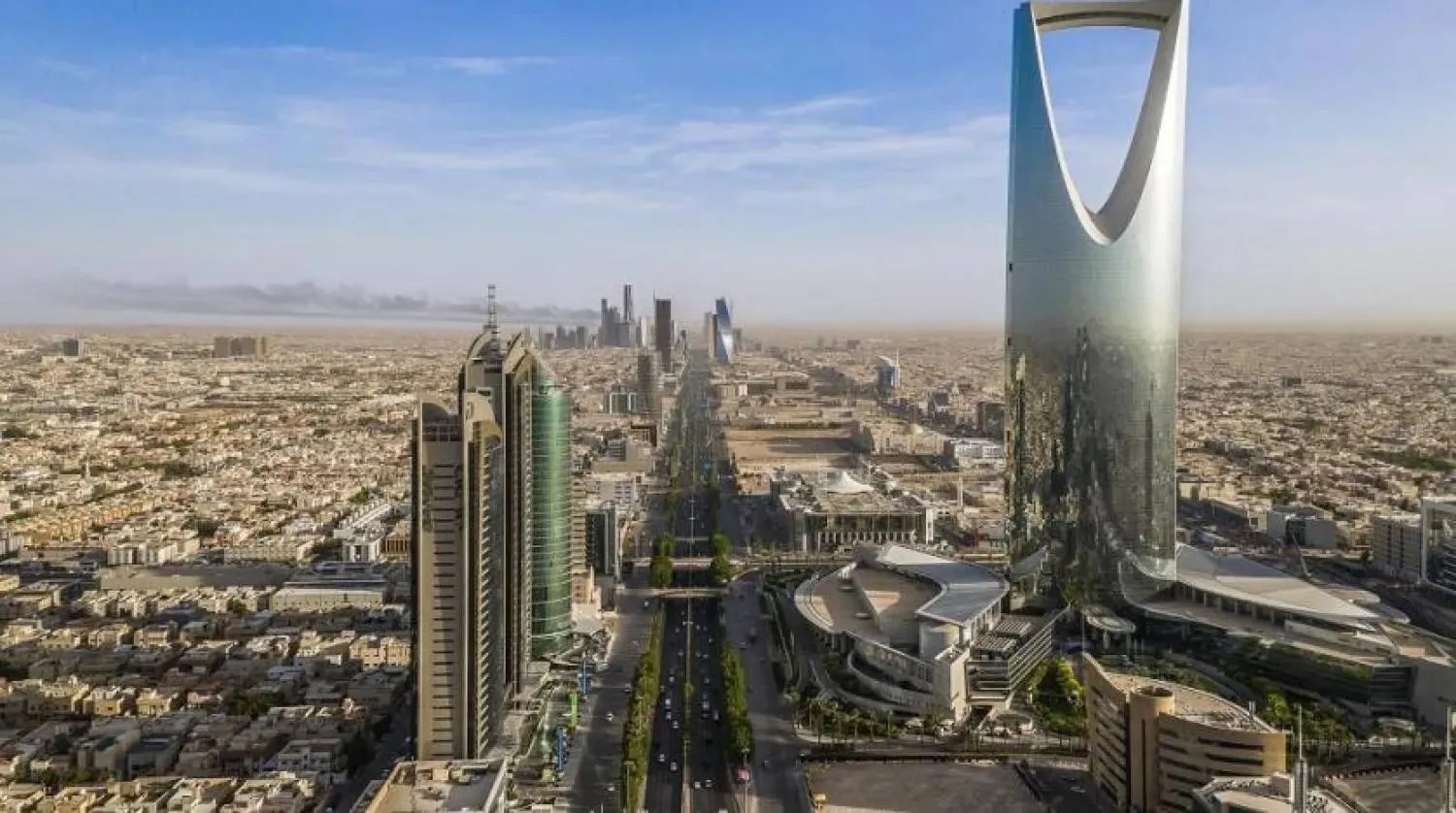For almost 60 years, Plexi-Craft Quality Products in the Bronx has been turning out chic, mod-looking coffee tables, chairs, and even tissue boxes, made with crystal-clear acrylic resin. But when the coronavirus struck in March, its factory, the city’s last surviving acrylic furniture maker, temporarily closed.
But something unexpected happened around May. Doctors, banks, hotels, downtown office buildings, and restaurants started contacting the company with requests for shields to keep their workers and customers safe. Now Plexi-Craft is busier than ever, shaping its acrylic resin (also known under brand names like Lucite and Plexiglas) into transparent barriers that allow the businesses of New York to do what they do.
“Traditionally, they’re seen as inexpensive things — something temporary,” said Hans Kretschman, a former investment and commercial banker who bought Plexi-Craft from the founder’s sons four years ago, of the barriers. “But Covid-related regulations for businesses aren’t going away soon,” which is driving several businesses in the city to invest in well-made shields, he continued.
This spring, the Lotte New York Palace, an upscale hotel in Midtown Manhattan, became a client. Becky Hubbard, the hotel’s general manager, thought it was important, both aesthetically and practically, to hire a local business for the design and installation of some 20 shields for its public areas. The process, which concluded in August, required frequent visits and walk-throughs, she said, so she was grateful that the factory was nearby.
Ponce Bank, a small community bank based in the Bronx, also signed on as a customer this year. Many of its clients need cashier access, so all of Ponce’s 13 branches stayed open throughout the shutdown. With locations in the Bronx, as well as Jackson Heights and Forest Hills in Queens — areas of the city with some of the highest coronavirus rates — Ponce needed a solution quickly. Within two weeks, Plexi-Craft had made 60 individual desk barriers for the bank. The total cost was $16,000, according to Steve Hamilton, the bank’s designer-in-residence.
Although the price tag was about 20 percent more than what he would have paid for mass-produced online products, Mr. Hamilton felt good about his decision. “We knew we could get some cheap Chinese-manufactured shields that were maybe a little less expensive — not much less — but we wanted to do it locally,” Mr. Hamilton said. “Hans was so accomplished, I feel like he’s our guy. We want to use him for anything we can.”
Dale Phillips, the head of a contracting company that recently installed similar barriers made by Plexi-Craft at the Ukrainian Museum in the East Village, appreciated the craftsmanship involved in the process. “It’s hard to find old-school,” he said. “It’s a dying thing because everybody gets everything on the internet.”
Mass-produced shields, which come in standard sizes and have a tendency to yellow, bubble, and break, Mr. Kretschman said, won’t do for clients who need specific measurements or want a custom look, like Dr. Dennis Gross, a Fifth Avenue dermatologist. In June, Plexi-Craft installed a sleek, L-shaped enclosure that wrapped around Dr. Gross’s reception desk. It is seven feet long, 100 pounds, has rounded edges for safety, and was built so as not to damage the shiny, white countertop once it’s removed.
“Dr. Gross likes modern, and he’s very particular about what he brings into the office, so it had to look nice as well as do the job,” said Lauren Kuzma, the front desk manager.
Federal Paycheck Protection Program grants, as well as the demand for the barriers, allowed Plexi-Craft to rehire all of its 14 workers in May. They work in a socially distanced environment and undergo daily health and temperature checks.
Mr. Kretschman said he gets about 20 queries a week for the shields. But he expects business to increase as more New Yorkers return to the office next year.
“It’s been busy but not crazy,” Mr. Kretschman said. “Crazy will start when office workers start returning to their jobs.”
(The New York Times)









